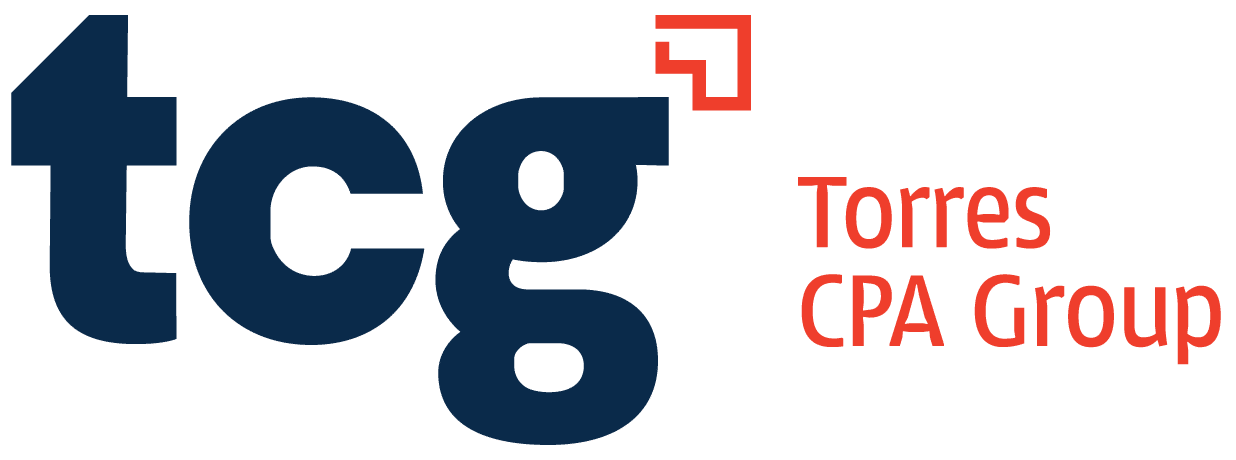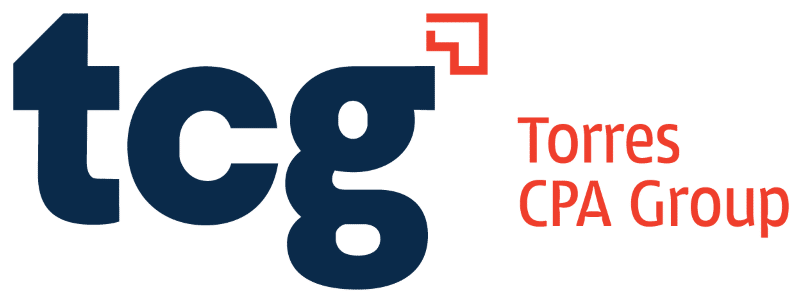On December 10, 2018, Law No. 257, known as the “Tax Reform”, was approved. It has brought significant changes in the items to be claimed as expenses in the 2019 Income Tax Return of individuals and corporations.
One of the most significant changes of the Reform is the requirement to submit new informative tax returns (480) to be able to claim the deductions as expenses in the Income Tax Return. It also incorporates the information of items NOT Subject to Withholding for payments made after five hundred ($ 500.00) dollars which are detailed below:
Rendered by the Taxpayer
- Salary
- Professional service rendered, resident and non-resident
- Commission
- Rent
- Water and Sewage
- Electricity
- Maintenance fees paid to HOAs
- Membership fees paid to the employee benefit
- Professional and trade continuous education
Filed by the provider to inform the taxpayer
- Health insurance
- Payment for Insurance Premiums
- Payments for telecommunications Services
- Payment for Internet, Cable and Satellite TV Services
- Payment for advertisement
- Other income
However, for the 2019 calendar year only, the Department of Treasury through Administrative Determination (DA 19-08) established that the person responsible for the preparation of Form 480.7E will not be the person receiving the payment (supplier), but the person or entity that made these payments. By 2020, it will be the responsibility of preparing Form 480.7E who receives such payments.
These expenses do not require an Informative Declaration (480), they are considered non-deductible for the Basic Alternative Contribution.
- Automobile expenses
- Maintenance and repairs
- Travel expenses
- Meal and entertainment expenses
- Office supplies expense
- Management fees
- Freight and fares
- Uniforms
- Other motor vehicle expense
- Office expense
- Bank fees
- Bad Debts
All Informative Declarations must be submitted through SURI.
A copy of the 480 must be kept for a period of 10 years.
The expense must be filed in the Informative Declaration (480) in the name of the taxpayer; otherwise, the taxpayer may NOT claim the expense on his Return.
Payments to Non-Residents
When payments for service for non-residents exceed $ 500.00, the tax filer must withhold, submit, and send providers the 480 Informative.
If the non-resident provider of services performs outside of Puerto Rico, there is no withholding requirement; however, an Informative declaration must be filed to be able to claim the expense.
If the provider performs in Puerto Rico, then he is subject to a 20% withholding and filing of the Informative.
Information Required on Form 480
It is essential that you keep records of all disbursements to business providers to whom you make payments that are subject to be included in Form 480:
1) Full name and social security number
2) Postal Address
3) If applicable, a copy of the Certificate of Total or Partial waive of Withholding at Origin, effective the year the waiver was claimed.
Quarterly and End of the Year Information
Information Form 480 (the equivalent of Form 1099)
The tax reform brought with it a new Quarterly Withholding Tax Return on Payments for Services (Form 480.6SP-1) that details the payments made for services, and the tax withheld and deposited during each quarter.
Any balance due for withholdings that have not been paid during one of the covered months must be paid on or before the last closing day of the quarter.
It will be the responsibility of the payer to file an Annual Reconciliation Form for the amounts withheld each year no later than February 28 of the year following the payment was made, together with the Informative Declarations.
The retention must reconcile amounts included within the information provided on and the Annual Reconciliation Form (480.6SP-2).
Penalties for non-compliance of withholding
If the payer does not fulfill his responsibility to deduct and withhold taxes, he will be subject to paying penalties, interest, and surcharges, such as:
- Penalties: 2% for every 30 days in which the withheld amounts are not deposited, these will not exceed the maximum of 24%.
- Annual interest — 10%
- Surcharges — there will be no charges for the first 30 days
- 31 to 60 days – 5%
- 61 days or more – 10%
Penalties for non-compliance
There will be no time extension for the filing of these information forms. Not filing the forms on the expiration date will result in penalties.
Any taxpayer that does not comply with the filing of the Informative Declarations CANNOT claim the related expenses on his income tax return.
It is crucial to file them on time to avoid the penalties imposed. As of January 1, 2020, the Department of the Treasury will begin to implement penalties, so you must ensure that you comply with the stipulated filing dates and thus avoid the penalties. The penalties are detailed below:
$500.00 Penalties – if Not submitted on time.
$500.00 Penalties – if Not submitted on electronically through the Internal Revenue Unified System (SURI).
$100.00 Penalties – if Not delivered to the supplier.
Accrual Method or Year Not Closing on December 31
Taxpayers who are under the accrual method or with a fiscal year that does not close on December 31 may claim the deduction, even if the amount is not shown in an informative return.
This is so, provided the conciliation of expenses claimed and the amount in the informative return are included. To date, the Treasury Department has not issued any information on how it will require taxpayers to file this reconciliation.
The Taxpayers who are under the “Cash Basis” method or who are governed for a Calendar year that close on December 31, do not ever have to reconcile the claimed expense.
At Torres CPA, we are committed to your financial growth, helping you fulfill your tax responsibilities, and reducing the payment of contributions within the framework allowed by law.






